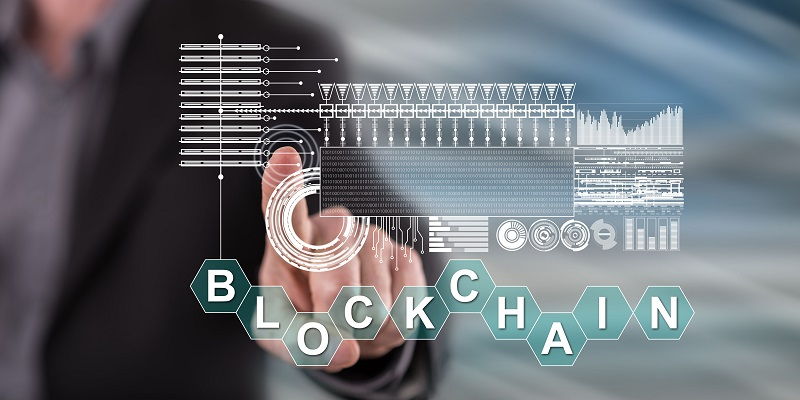The National Payments Corporation of India (NPCI) is on the lookout for a seasoned blockchain technologist to explore the possibilities of utilizing blockchain technology within payment systems. As the owner and operator of India’s popular instant payment system, the Unified Payments Interface (UPI), NPCI aims to leverage blockchain’s potential to enhance the efficiency and security of its services.
Requirements for the Head of Blockchain
To meet the dynamic challenges of this role, NPCI is seeking a highly experienced blockchain technologist with a minimum of six years of hands-on experience in developing and implementing blockchain solutions. The ideal candidate should possess a thorough understanding of blockchain protocols, consensus mechanisms, smart contracts, and security measures.
Responsibilities of the Head of Blockchain
The chosen candidate will shoulder the crucial responsibility of identifying potential use cases for blockchain technology within NPCI’s payment ecosystem. By exploring areas where blockchain’s distributed ledger and cryptographic features can add value, they will be instrumental in driving innovation and optimizing the efficiency of payment systems.
Integration of Blockchain into UPI
NPCI’s UPI system has garnered attention not only in India but also abroad. Numerous countries, including Singapore, Malaysia, UAE, France, Benelux countries, Nepal, and the UK, have expressed interest in the UPI system, which has revolutionized payment transactions in India. By integrating blockchain technology into UPI, NPCI can exponentially expand its user base and showcase the immense potential of blockchain on a global stage.
High Number of Applicants
The job posting for the Head of Blockchain at NPCI has already attracted over 200 applicants, indicating the high level of interest in this sought-after role. This overwhelming response underscores the growing recognition of blockchain’s significance and the eagerness of professionals to be part of groundbreaking technological advancements.
Expected Increase in Hiring
NPCI’s hiring drive is anticipated to accelerate as viable blockchain use cases emerge. As the potential of blockchain technology in the realm of payments becomes increasingly clear, NPCI will need to bolster its ranks with talented individuals who possess a deep understanding of blockchain’s technical intricacies and its applications in finance and transactions.
UK’s National Crime Agency Hiring Investigators
Meanwhile, in the United Kingdom, the National Crime Agency (NCA) has also taken note of the rising prominence of cryptocurrencies and the associated illicit activities. To combat crypto-related crimes perpetrated by organized crime groups, the NCA is actively recruiting investigators and specialists in this field. This move highlights the crucial importance of focusing on digital assets in policing efforts.
The importance of investigating illicit crypto activities is underscored by the NCA’s increasing emphasis on it, highlighting the growing significance of digital assets in financial crimes. Due to the anonymous nature and global accessibility of cryptocurrencies, organized crime groups have exploited these digital currencies to facilitate money laundering, fraud, and various other illegal activities. Therefore, specialized investigators equipped with in-depth knowledge of blockchain technology are necessary to effectively tackle these emerging challenges.
NPCI’s search for a seasoned blockchain technologist exemplifies its dedication to exploring and harnessing the opportunities presented by blockchain technology within payment systems. By integrating blockchain into its acclaimed UPI system, NPCI has the potential to reach millions of users and unlock the remarkable capabilities of this revolutionary technology. Moreover, the escalating focus on crypto-related crimes by organized crime groups, as demonstrated by the NCA’s recruitment efforts, further accentuates the urgency of dedicated investigators equipped with the specialized skills required to combat illicit activities in the world of cryptocurrencies. As blockchain continues to gain traction globally, it is imperative for organizations and law enforcement agencies to stay ahead of the curve by investing in the right talent and technologies.

